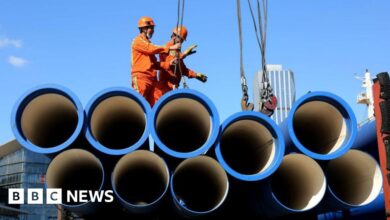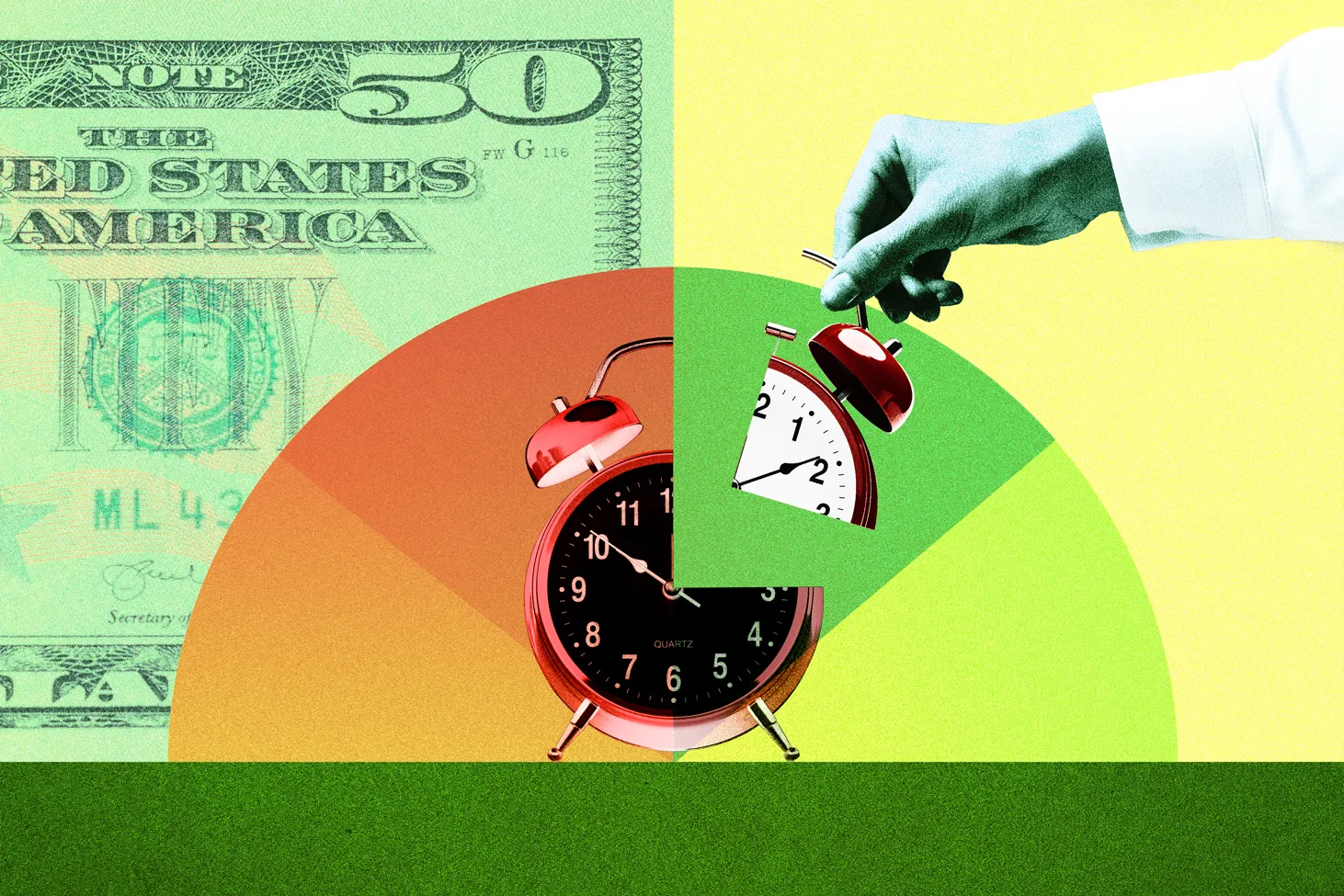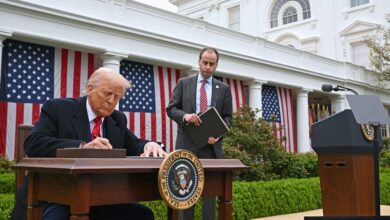Trump tariffs’ effect on consumer prices debated by economists

The recent decision by the U.S. government to increase tariff rates on imported products has economists and consumers alike concerned about potential impacts on inflation. According to a model developed by the Federal Reserve Bank of Boston, it is projected that higher tariff rates could lead to a significant increase in core inflation. In an extreme scenario outlined by the researchers, a 1.4 to 2.2 percentage point increase in core inflation could occur if tariffs on Chinese imports were set at 60% and tariffs on imports from all other countries were set at 10%.
The potential price increases resulting from these tariffs would not be limited to goods alone, but could also impact consumer services such as nursing, public transportation, and finance. Economist Hillary Stein from the Boston Fed emphasized that tariffs can have a ripple effect on the prices of services, as they may rely on inputs from abroad.
While some White House economists believe that tariffs will not significantly contribute to inflation, others are concerned about the potential economic burden that foreign suppliers may face. Stephen Miran, chair of the Council of Economic Advisers, stated that the U.S. holds leverage as the world’s largest consumer demand, implying that foreign suppliers may bear the economic burden of tariffs.
The Federal Open Market Committee has been closely monitoring the impact of the administration’s economic agenda. At their recent meeting in March, they decided to keep the federal funds rate unchanged at between 4.25% and 4.5%. Despite a rise in the core personal consumption expenditures price index inflation rate to 2.8% in February, the forecast for U.S. gross domestic product growth in 2025 remains at 1.7%, albeit slower than initially projected in January.
Businesses and consumers are preparing for the potential effects of these tariffs, with many bracing for increased costs and disruptions in supply chains. Gregor Hirt, chief investment officer at Allianz Global Investors, noted that companies may have outsourced production outside of the U.S. in search of cost savings and efficiency, making them vulnerable to tariff-induced price hikes.
As the situation continues to unfold, it will be crucial for policymakers and businesses to adapt to the changing economic landscape. Stay tuned for more updates on how these tariffs may impact inflation and consumer prices.





